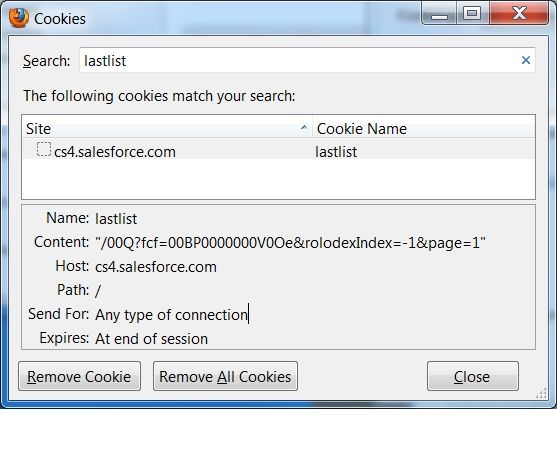-
ChatterFeed
-
4Best Answers
-
0Likes Received
-
0Likes Given
-
12Questions
-
30Replies







